
Trump VP Choice Startles EU Elites
J.D. Vance has proposed America decouple from Ukraine to focus on rising Chinese threat.

J.D. Vance has proposed America decouple from Ukraine to focus on rising Chinese threat.
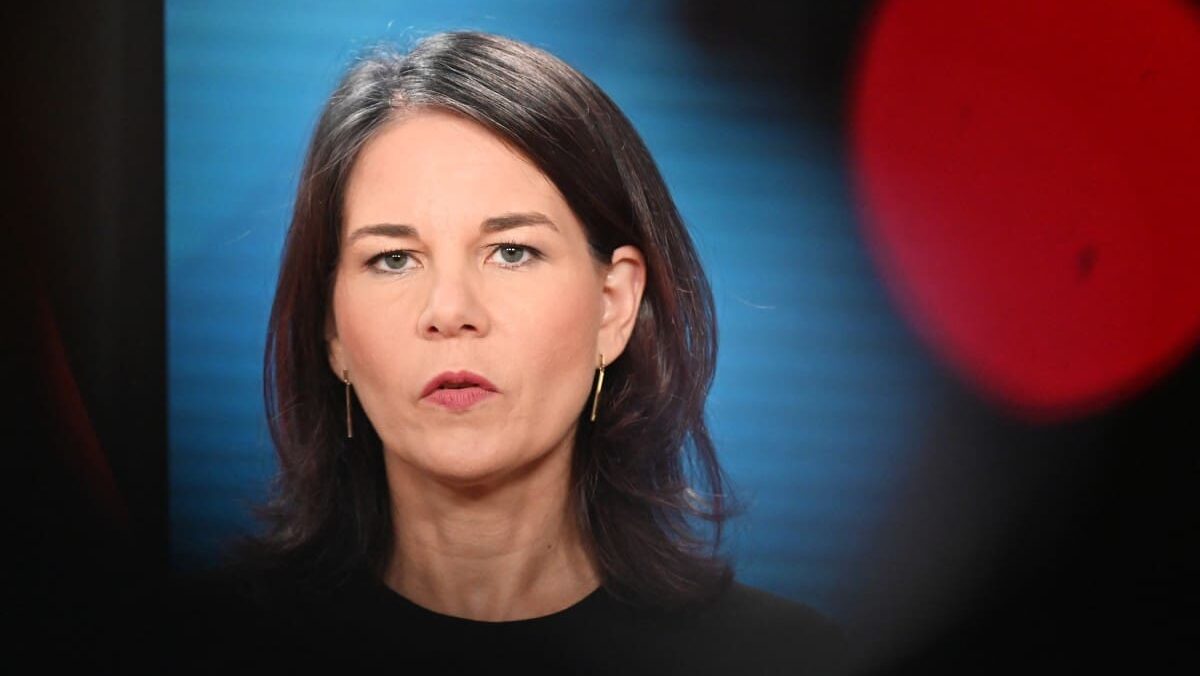
The hawkish German Green minister has criticised Viktor Orbán’s government on countless occasions.
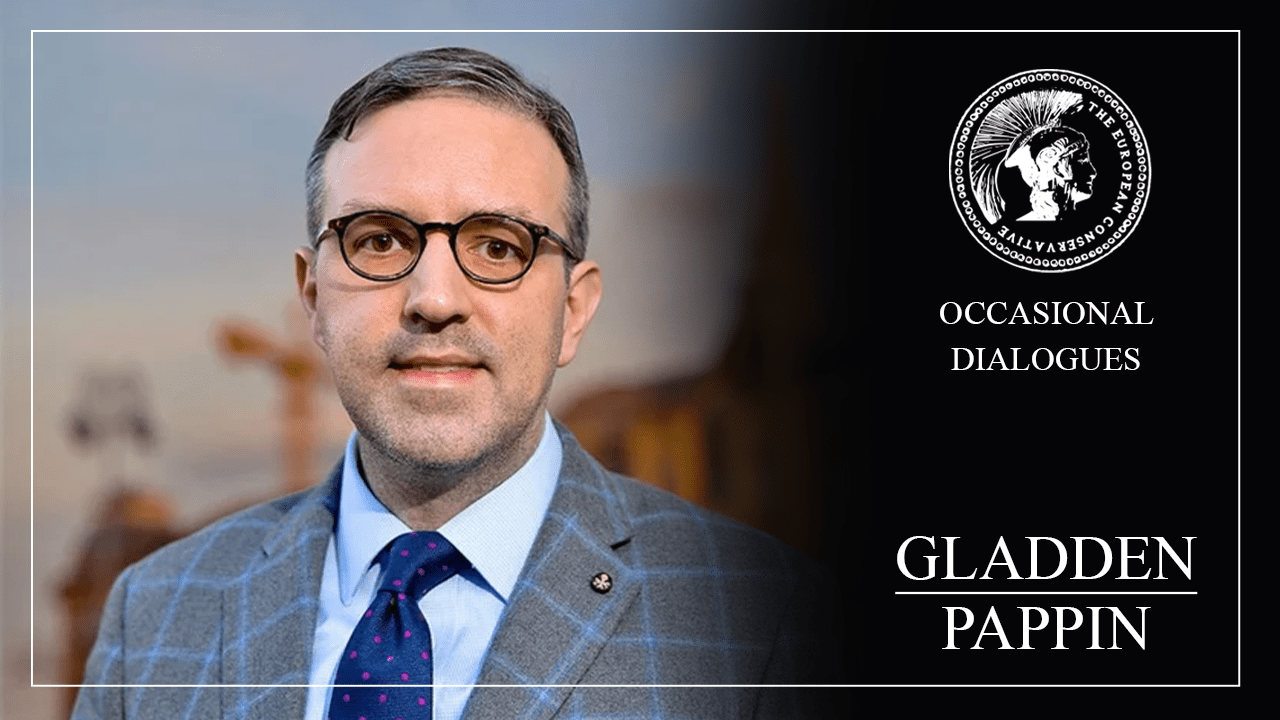
Our editor-in-chief recently sat down with Gladden Pappin for a discussion about conservatism in the West, Hungary’s foreign policy agenda, and the potential shift to the right across Europe in the upcoming elections.

Foreign Minister Baerbock’s plan fails to explain how prioritizing “gender-transformative projects” would counter Chinese influence in the region.

An isolationist stance would mean a diminished United States and a more dominant China.
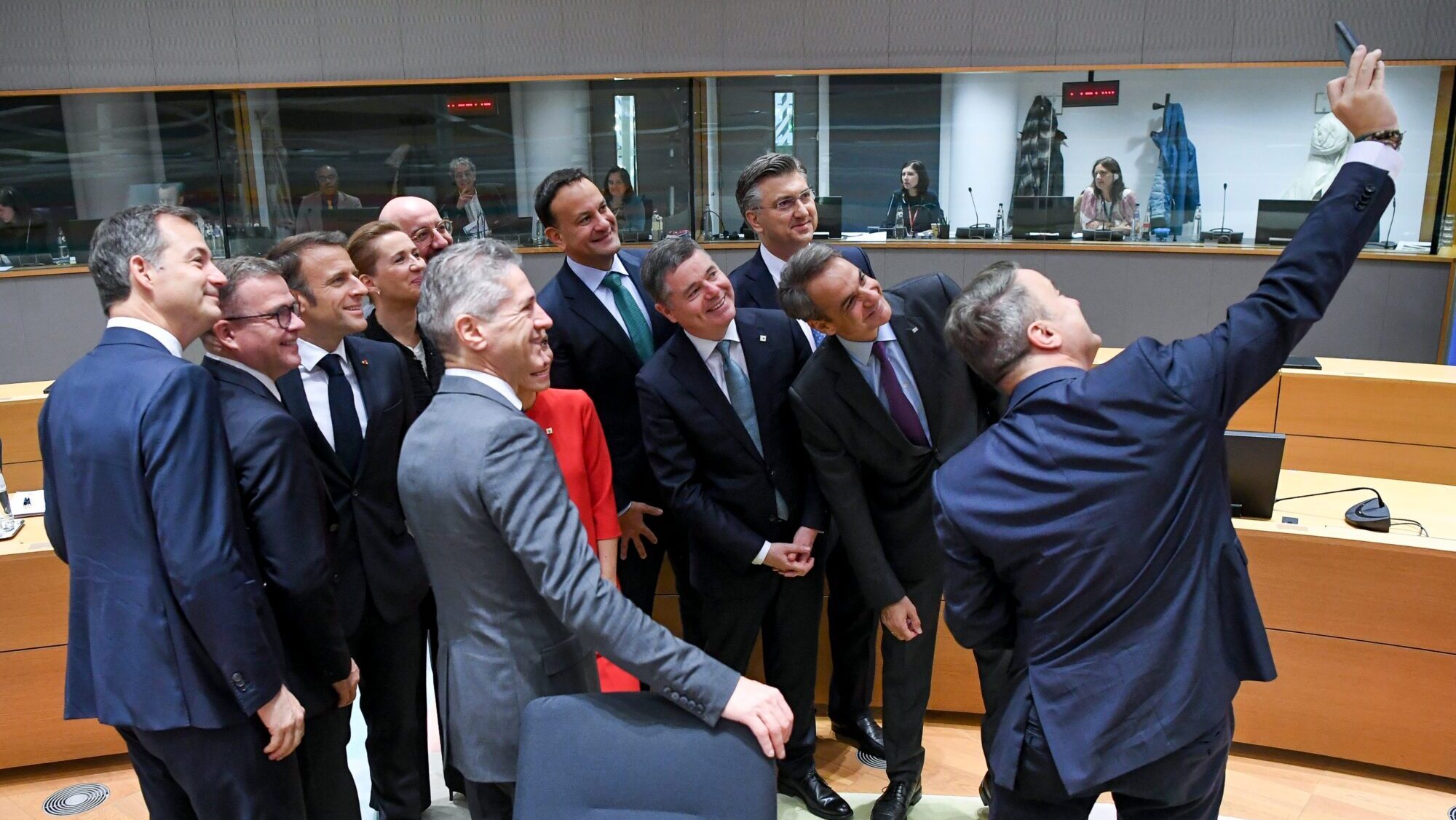
The European Council continues to struggle over a unified foreign policy.
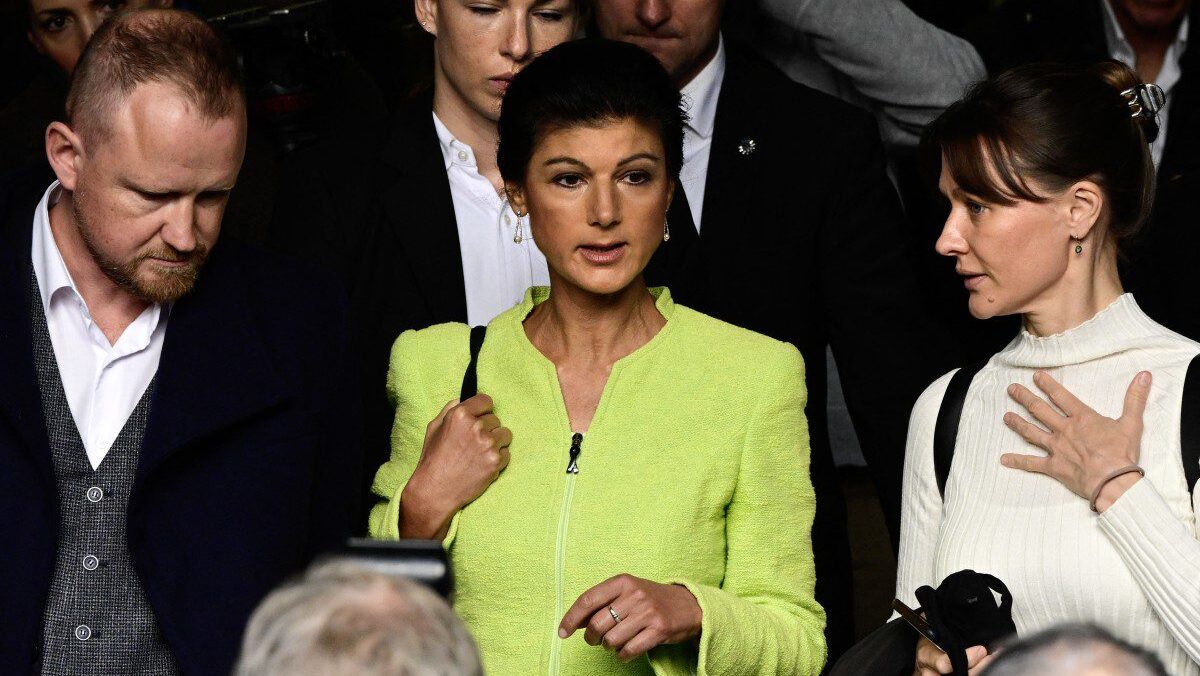
Wagenknecht said, “We decided to found a new party … otherwise we probably won’t recognize our country in ten years.”
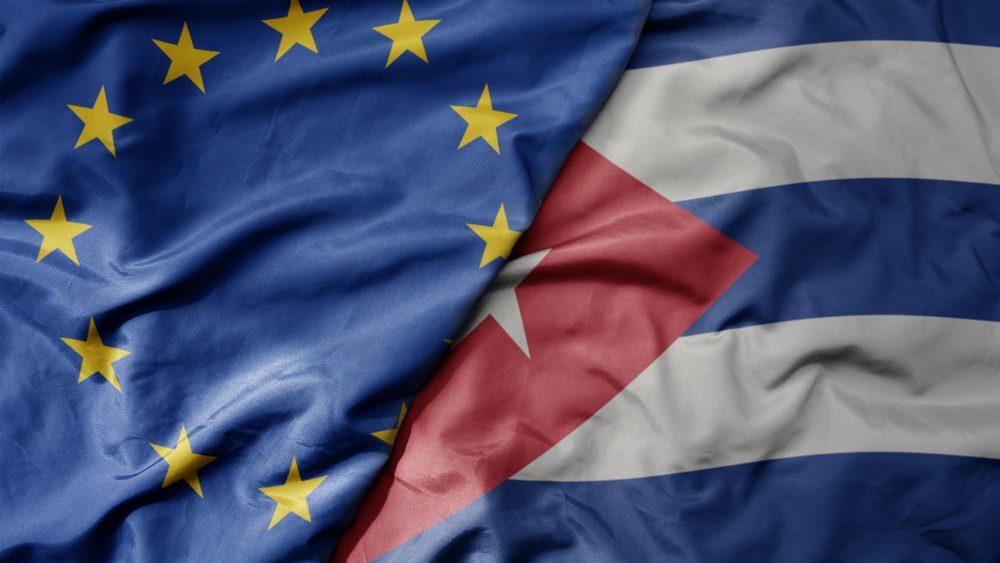
The communist dictatorship in Cuba has denied its people the most basic civil liberties and rights for over six decades.
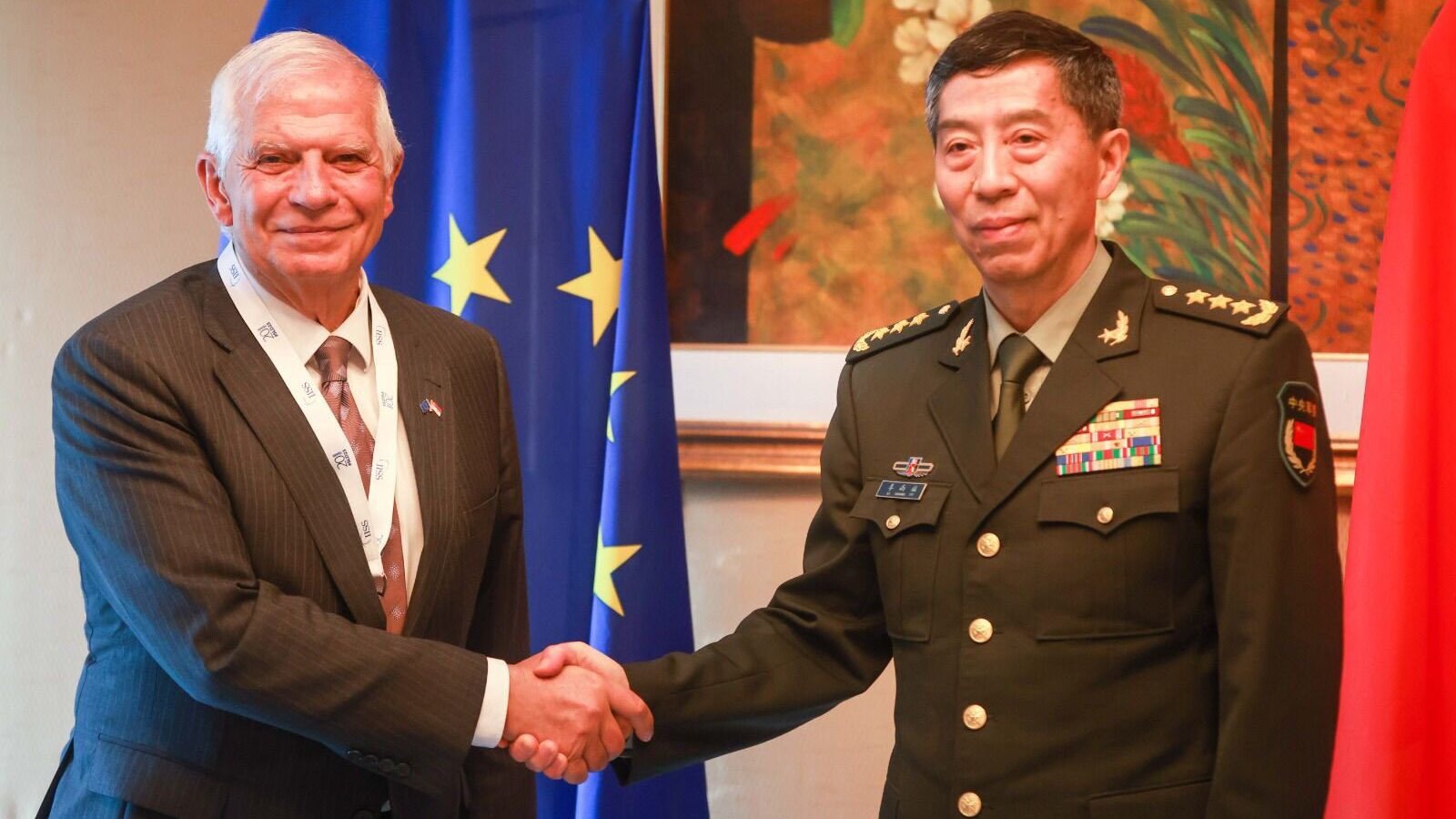
The diplomatic slap in the face is a blow to Europe’s hopes of carving a foreign policy path away from a more hawkish United States as relations increasingly sour with Beijing.

While Germany’s first-ever national security strategy remains cautious on the China question, it is considerably less so on the Russian one, naming Moscow the “most significant threat to peace and security in the Euro-Atlantic area.”
To submit a pitch for consideration:
submissions@
For subscription inquiries:
subscriptions@